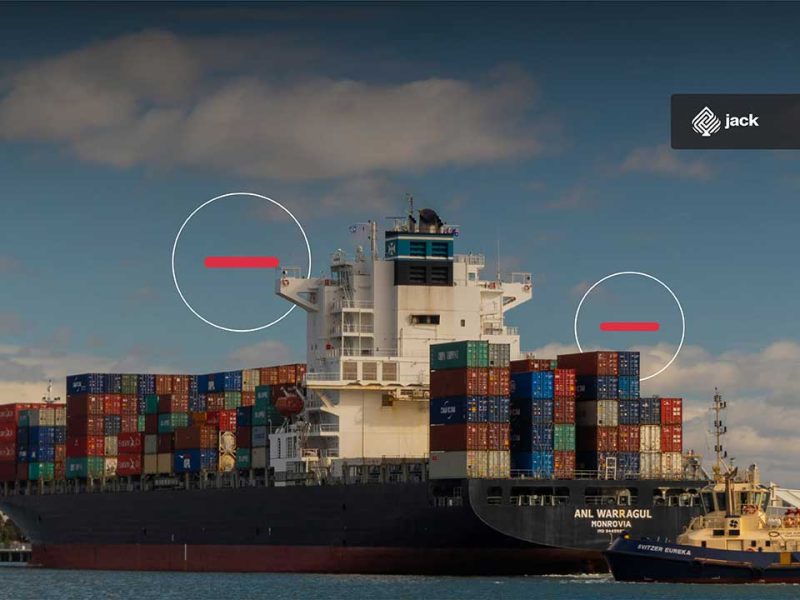Import-export regulations can be understood as prohibitions or limitations on export and import activities. Export and import activities themselves are no longer confusing to anyone.
These activities are increasingly widespread among communities nowadays, with many entrepreneurs venturing into the export and import business.
See Also: Easier, Automatic, and Real-Time Transactions with API Disbursement
Certainly, these businesses are conducted in accordance with applicable regulations and provisions, often accompanied by certain prohibitions or restrictions.
These measures are taken with various specific goals in mind. Here are some goals regarding import-export regulations that need to be understood in the business context:
1. Enhancing National Security through Import-Export Regulations

One of the goals of import-export regulations is to maintain national security. Many countries impose specific limitations on each of their import and export activities.
Essentially, these restrictions are necessary to enhance national security. Failure to restrict the trade of hazardous products can endanger national security.
Moreover, it may compromise the security of other nations due to the free flow of imports and exports. Therefore, restrictions are necessary, typically enforced by customs agencies, especially in countries like Indonesia.
2. Increasing Protection for Local Industries through Import-Export Regulations
Import-export regulations applied in various countries also aim to provide protection, especially for products produced by local industries.
It is undeniable that various domestic industries have emerged. This can help improve the welfare of society, and therefore, their efforts need to be further protected.
Hence, each country has the right to impose restrictions or prohibitions on imports and exports to protect domestic industries, especially from unfair competition. Failure to regulate this can potentially harm a country’s economy due to global competition.
3. Achieving Economic and Social Justice
Economic and social justice in a country is undoubtedly a crucial aspect. Hence, various efforts are made in every country to limit import and export activities.
Without restrictions, trade may not provide fair benefits to all parties. Instead, it may only benefit certain groups, leaving others marginalized. Therefore, to achieve justice, regulations are necessary to minimize and even eliminate such losses.
4. Safeguarding Public Health through Import-Export Regulations
Public health is also one of the goals of import-export regulations. Nowadays, there are many issues regarding deteriorating public health, with no definitive global solution in sight.
These health issues are crucial for every country. Therefore, efforts are made to prevent the trade of goods that may harm public health. Ideally, harmful trade activities should be prevented or eliminated through regulations, including import-export activities.
5. Natural Resource Conservation
The prohibitions and/or limitations applied to import and export activities also aim to preserve natural resources. With the increasing population in each country, the use of various natural resources is also increasing.
If left unchecked and without limitations, available natural resources in each country may deplete rapidly.
Therefore, prevention measures are needed to prevent excessive trade in natural resources and ensure their sustainability, especially concerning cross-border trade.
6. Biodiversity Conservation through Import-Export Regulations
Previously discussed was the preservation of natural resources; now, the focus shifts to biodiversity conservation. Renewable resources, including animals and plants, need to be preserved.
However, there is still widespread illegal trade in certain animals or plants. This issue can be addressed by implementing prohibitions to minimize harmful trade activities.
Likewise, trade in various products that may damage ecosystems needs to be prevented. The extinction of biodiversity in a country due to ecosystem damage from global trade must be avoided.
7. Environmental Protection
Another goal of import-export regulations that cannot be overlooked is environmental protection. If natural resources and biodiversity can be preserved, certainly, the environment’s sustainability can also be maintained.
Therefore, import-export regulations are implemented with the broad goal of protecting the environment. Every country has an environment that is constantly being safeguarded. A safe, clean, and sustainable environment is desired by people in every country.
Hence, import and export activities that may harm the environment should be avoided. For instance, restrictions should be imposed to prevent business owners from trading without considering environmental impacts.
Use Jack for your business needs
Import-export regulations, with all their aforementioned goals, provide crucial information, especially for business practitioners currently engaged in import-export trade.






